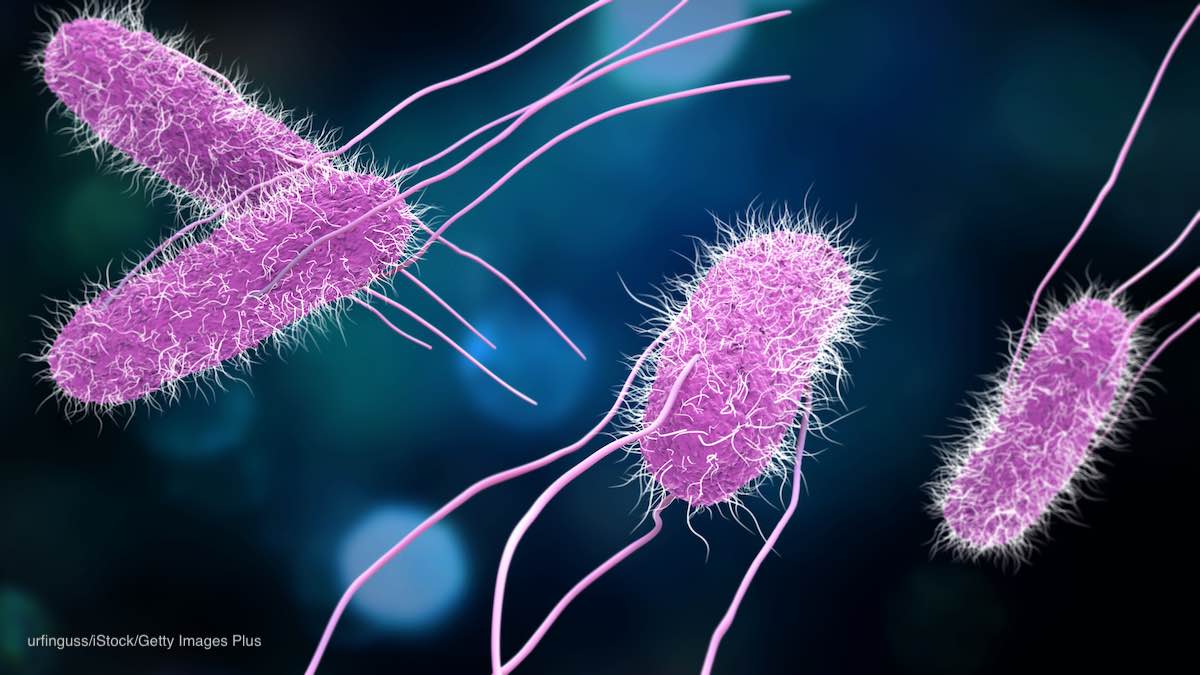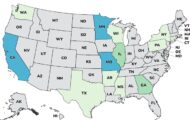The Salmonella outbreak in Canada that is linked to frozen raw breaded chicken products has ended with 419 people sick. Eighty six people have been hospitalized because they were so ill. Three people died, but according to Public Health Canada, “Salmonella was not the cause of death for two of those individuals, and it was not determined whether Salmonella contributed to the cause of death for the third individual.”

The case count by province is: British Columbia (36), Alberta (60), Saskatchewan (13), Manitoba (19), Ontario (146), Quebec (98), New Brunswick (23), Nova Scotia (9), Prince Edward Island (1), Newfoundland and Labrador (10), Northwest Territories (1), Yukon (1), and Nunavut (2). The outbreak notice states that “infections have occurred in Canadians of all ages and genders.”
Over the last 1-1/2 years, there have been 12 national outbreaks in Canada linked to raw chicken. Food recall warnings for seven different products have been issued.
Similar outbreaks have occurred in the United States that have been linked to the same types of products. In 2015, one of the largest multistate food poisoning outbreaks in the U.S. was linked to frozen raw breaded chicken products produced by Aspen Foods.
These frozen raw breaded chicken products have two issues. First, they tend to appear cooked, so people may think they just have to be heated, not fully cooked to a safe final internal temperature. Second, the breading on these products can fall off because the products are cooked, which can contaminate other foods and surfaces in the kitchen.
Experts recommend that consumers do not use the microwave oven to cook these products. That appliance can heat foods unevenly, leaving areas that may not be heated to a high enough temperature so bacteria can survive. It’s also recommended that consumers use a reliable food thermometer to make sure these foods are cooked to at least 165°F. And, consumers are warned to wash their hands thoroughly with soap and water after handling these products, and to wash utensils and surfaces that come into contact with these foods as well.




